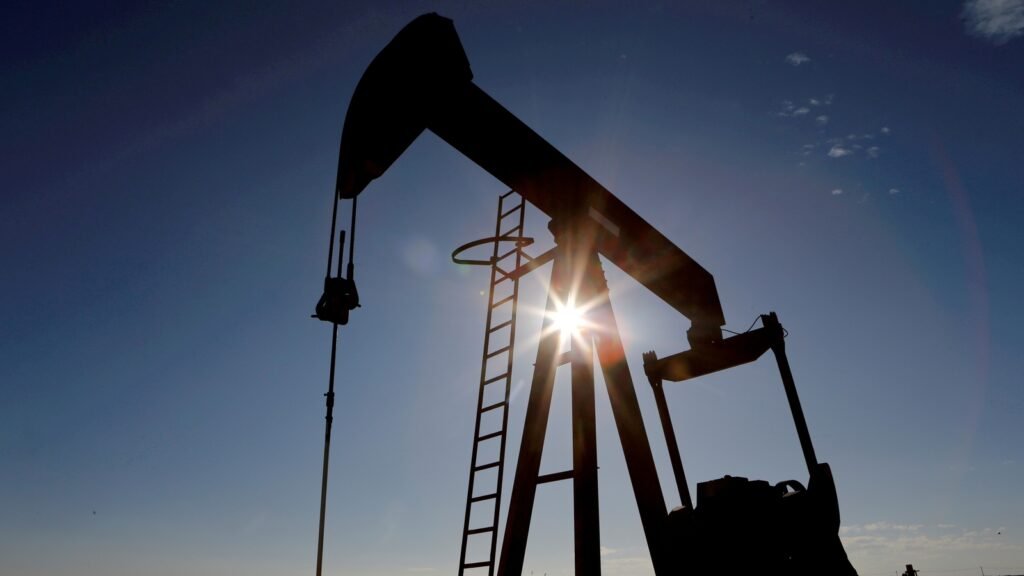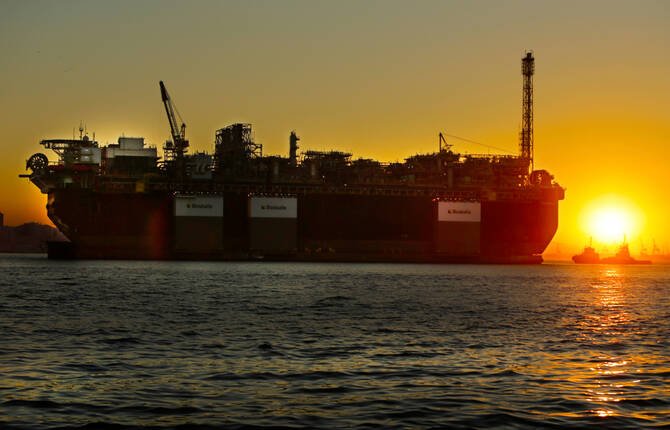Global Oil Prices Soar After Israel Attacks Iran

Oil prices soar following Israel’s latest military strikes on Iran, sparking a sharp spike in global energy costs and escalating geopolitical tensions across the Middle East. This sudden surge has rattled energy markets and raised fears of a broader conflict that could disrupt vital oil supplies worldwide.
Brent Crude Surges as Oil Prices Soar
Following the news, Brent Crude surged by over 10%, briefly reaching its highest price point in months. West Texas Intermediate (WTI) also saw a substantial increase, reflecting the market’s immediate response to the heightened risk in the energy-rich region. By mid-morning in Europe, oil prices had eased slightly but remained around 5% higher compared to the previous day’s close. Brent was trading near $72.80 per barrel, while U.S. Nymex crude hovered at approximately $73.20.
Energy Traders Brace for Further Disruption
The sudden escalation has led to widespread speculation about the future of oil flows from the Gulf region. Traders are particularly wary of potential disruptions in the Strait of Hormuz—one of the world’s most critical maritime chokepoints for crude oil and liquefied natural gas. Around 20% of the global oil supply passes through this narrow corridor bordered by Iran to the north and the UAE and Oman to the south.
In a worst-case scenario, experts warn that Iran could target vital shipping lanes or infrastructure, effectively crippling the movement of millions of barrels of oil per day.
Markets React: Safe-Haven Assets Surge
The uncertainty has also impacted global financial markets. Major stock indexes across Asia and Europe dipped sharply amid investor anxiety. The FTSE 100 in the UK opened with a 0.6% decline, while broader European and Asian markets followed suit.

Meanwhile, investors flocked to traditional “safe haven” assets such as gold and the Swiss franc. Gold prices rose by 1.2%, reaching their highest value in nearly two months at $3,423.30 per ounce. The surge underscores investor demand for more stable assets during periods of geopolitical turmoil.
Drones, Military Targets, and Escalation Risks
Reports suggest that following Israel’s strike, Iran responded by launching approximately 100 drones toward Israeli territory. Defense analysts warn that the situation remains volatile and could either de-escalate quickly or spiral into a much broader regional conflict.
“If this tension escalates, we could witness severe implications for global energy supplies,” commented one senior energy strategist. “The oil market is already on edge, and further military action could set off a chain reaction impacting global fuel prices, inflation, and supply chains.”
Strategic Implications for Global Energy Supply
The conflict has highlighted the vulnerability of global energy markets to regional hostilities. With multiple oil tankers constantly navigating the Strait of Hormuz, any threat to this route could result in significant delays, supply cuts, and price volatility.
Energy analysts are closely watching the situation to assess whether the conflict will remain contained or develop into a long-term disruption affecting multiple countries and sectors.




